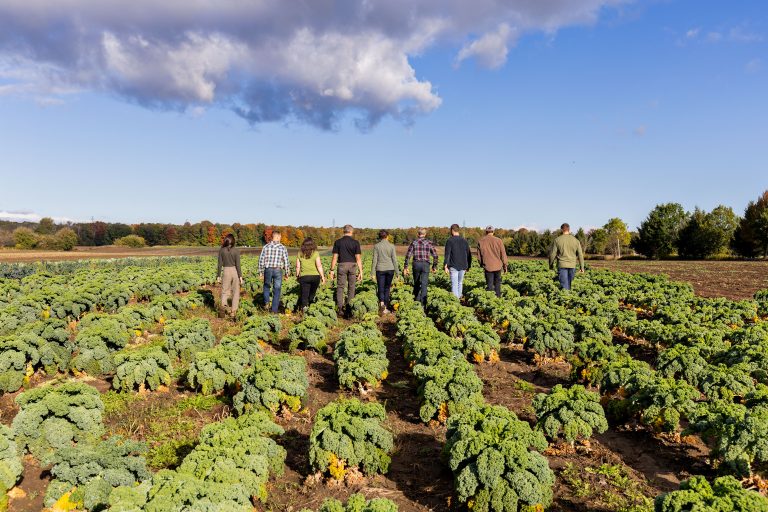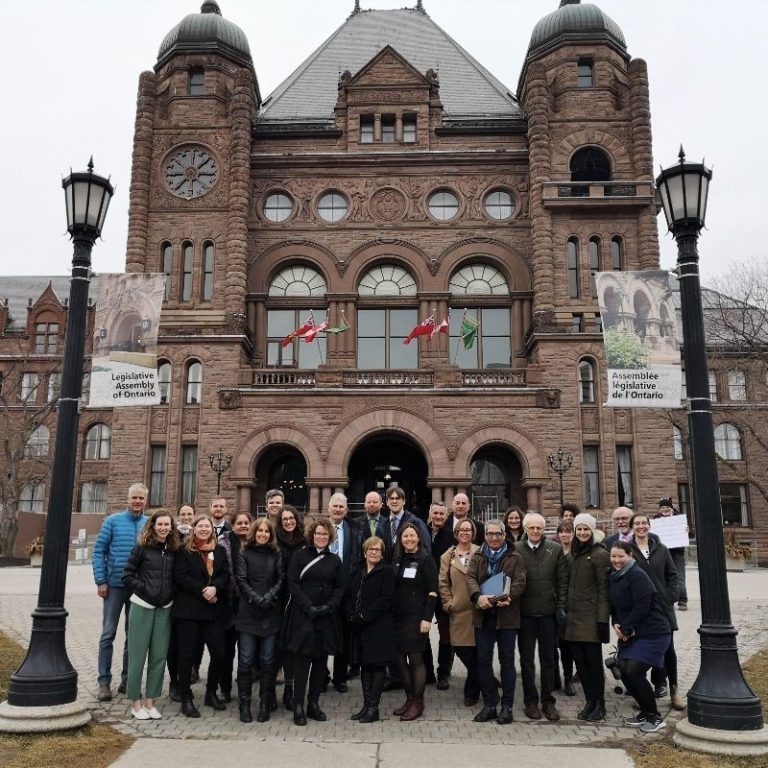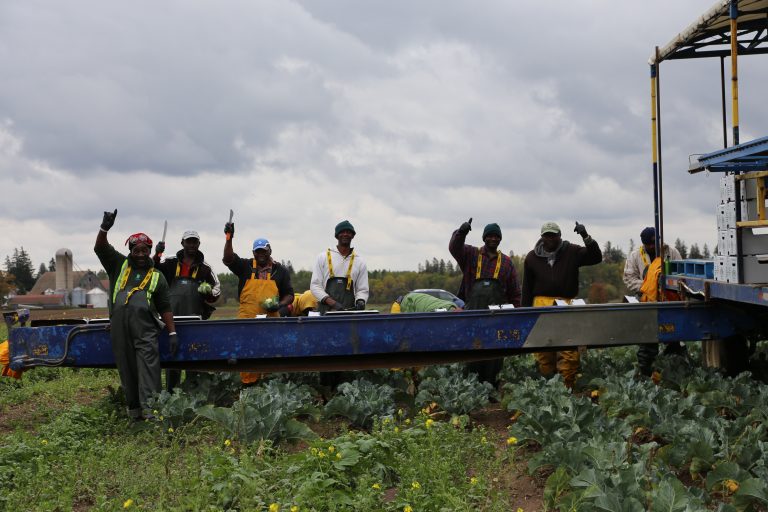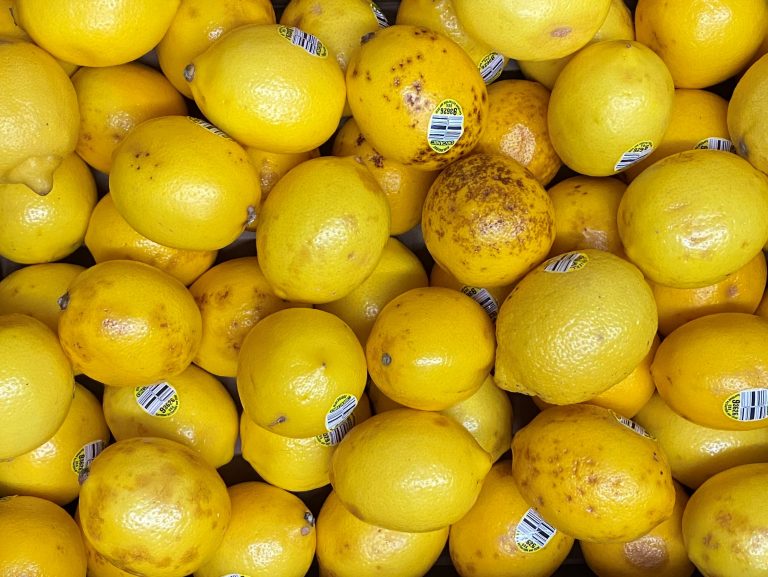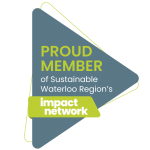If you were asked to define “organic,” what would you answer? Perhaps you’ll respond that organic means a lack of pesticides, other artificial agents such as chemical fertilizer, or GMO crops. One might instead say that organic agriculture is defined as a more environmentally friendly alternative to farming. A more cynical outlook might insist that organic is simply a label or gimmick to sell the same food for more. While these responses might seem like a simple and easy way to define the concept or organic, they fail to adequately convey the spirit of organic agriculture in theory and in practice.
Applying a single definition to ALL organic systems is not only difficult, but impossible thanks to a wide range of practices each farmer uses while adhering to what is known as the four principles of organic agriculture. These principles have been around in writing since 2005 (though the values they espouse predate this time) when worldwide leaders in organic systems identified the principles and values that would define the spirit of what it means to farm organic. These four principles are:
- Health: Organic systems should sustain both the health of the environment and by proxy the crops, and people who consume them. Health is not only the absence of illness, but is also measured in resilience, immunity, and regeneration both in agriculture and in people.
- Ecology: Organic farms don’t exist within a protective bubble, and so organic farming should aim to not only minimize environmental impacts, but should work in harmony with the ecological systems that already exist.
- Fairness: Organic systems should promote equity, respect, and justice not only for the environment, but for people as well. From the farmer to the consumer and everyone in between, organic systems should help provide a better quality of life and food security for all.
- Care: Organic systems should be monitored constantly and tended to in precautionary ways. Organic systems should opt to use experimentation, practical experience, and time-tested technologies rather than unpredictable ones. Every decision a farmer makes can and will impact people and the environment in both subtle and major ways, and so each decision made must be made carefully as to not jeopardize the health and well being of people and the environment.
One may notice that while these principles can act as a guide for the values and theory of organic agriculture, they do not tell us HOW to implement them, or even offer a single decisive set of rules that everyone must follow. This is because the aim of these principles is not to offer strict do’s and don’ts, but instead to provide a foundation from which we can understand and relate to our food and the systems that grow it. Because of this, many farmers are left to interpret these principles in ways that might suit their needs, the needs of those they feed, or the environment that they grow in.
This is not to say there are no rules about what farmers can and can’t do in order to be seen as a provider of organic foods. Strict regulations and definitions do exist in Canada that outline what qualifies as organic and what does not, which is enforced by the use of an organic certification handed out by the Canadian Food Inspection Agency (CFIA). Use of this certification indicates that a farm and it’s operations have been inspected and found to be in compliance with the guidelines set forth by the Canadian Organic Standards (COS). This includes strict adherence to the use of permitted substances and close monitoring to ensure those substances are used in safe and controlled ways. The certification of organic alone has many sides to it that contribute to our discussion about the value of organic, particularly as it relates to the expenses farmers must endure in order to identify as organic businesses and prices of organic goods. These aspects of organic agriculture span far more than this post alone, and we intend to elaborate more in future posts.
In practice, organic farms can often (on the surface) look similar to conventional farms in the techniques they employ, especially when it comes to controlling pests. Organic farmers use a variety of strategies to manage pests – such as improving soil health, and companion planting. However, when all else fails an organic farmer may turn to a natural pesticide (free of synthetic chemicals) to avoid losing their crop and food for their community. Only approved inputs from the Organic Production Systems Permitted Substances List (see above) may be used in organic farming. With these aspects and limitations taken into account, a farmer might decide to use a bacteria-based pesticide called Btk (Bacillus thuringiensis subspecies kurstaki), in order to curb the spread of cabbage worms during their larvae stage. Since Btk targets only certain insects, washes off with rainfall or other wet weather, and dies off in direct sunlight, the bacteria poses virtually no threat to the environment in which it is sprayed or people who will consume the food it is applied to, thanks to the non-persistent nature of the pesticide. In this way, the farmer adheres to the principles of organic by ensuring that their input (pesticide) is chosen carefully as to avoid harm to people and the environment, keeping the ideals of ecology and care in the forefront of their mind.
While it can be tempting to reduce organic agriculture to the binary opposite of conventional farming, it is more valuable instead to understand it as a mode of thought; a different way to view agriculture and the way we consume food. Organic agriculture does not simply place value on how much food can be produced and stop there. It also places value on the people who are tasked to grow that food, on the environment that is essential in the production of that food, and the long term health and well being of those who will ultimately eat such foods. When you support organic food systems, you are choosing to actively support these values with your dollar. It is crucial that this message is one that is kept in mind as we explore the greater nuances of organic agriculture in the future, not only as a point of orientation for future topics, but because it is our belief that the support of these values is the heart of what makes organic food systems worth supporting.
Sources:
Shannon Jones, “Four Principles of Organic Agriculture.” The Candian Organic Grower. http://magazine.cog.ca/article/four-principles-organic-agriculture/
“The Candian Organic Standards and Regulations.” The Candian Organic Grower. https://www.cog.ca/home/about-organics/the-canadian-organic-standards/#1529347543198-5f2ea4e7-8499
“ARCHIVED – Bacillus thuringiensis subspecies kurstaki – Btk.” Canada.ca ARCHIVED – Bacillus thuringiensis subspecies kurstaki – Btk
Previous True Cost Tuesday: Introducing True Cost Tuesday
Next True Cost Tuesday: Is Organic Healthier?


